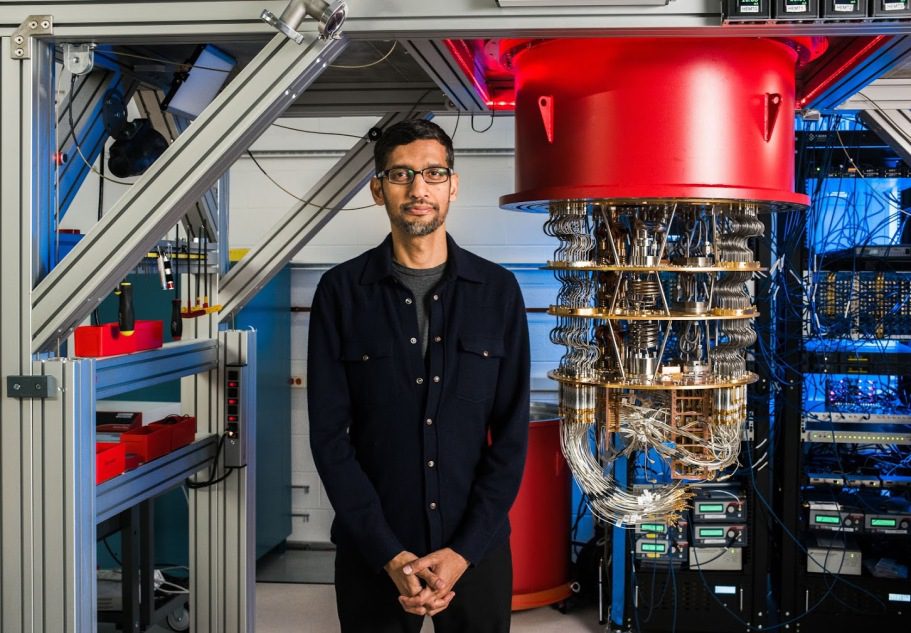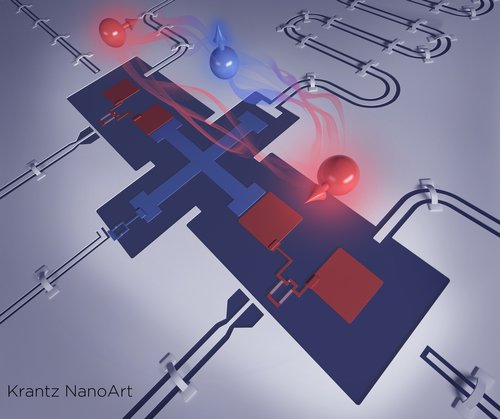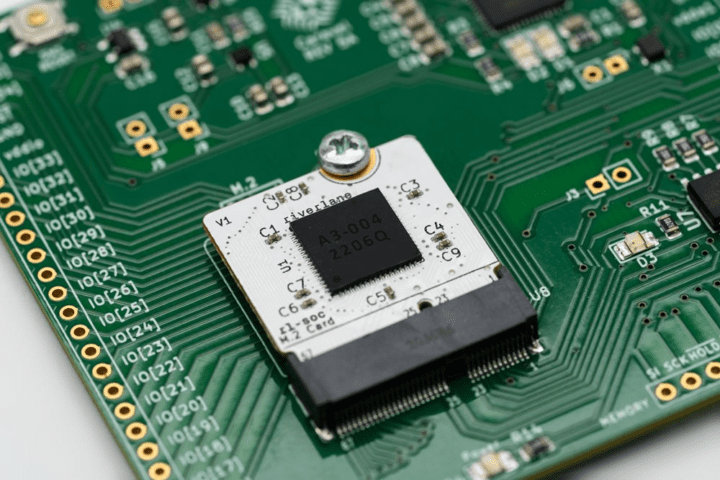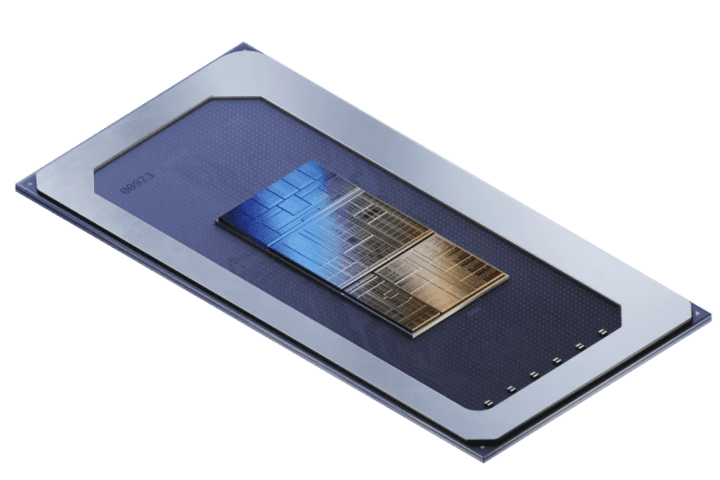A groundbreaking development in quantum computing has been made by Google with a machine that performs extremely complex calculations instantaneously. Taking just moments to complete calculations that would otherwise require 47 years, the new quantum computer outperforms the world’s most advanced supercomputers. This achievement marks a significant milestone in the evolution of quantum computing technology. The principles of quantum physics are harnessed by quantum computers to offer computation speeds far beyond what classical computers can achieve. The latest quantum processor from Google, the Sycamore quantum processor, boasts an impressive 70 cubits, a substantial improvement from the previous 53 qubit version. The quantum information stored and processed by each qubit is a level of achievement that classical computers cannot match. Great promise for transforming fields such as climate science and drug discovery is held by the computational power of quantum computers.
The rapid advancement, however, of quantum computing also raises concerns about its potential to threaten existing encryption systems. The impact of quantum computers on encryption systems is considered by National security experts to be a significant challenge. Critics argue that practical applications outside of academic research are still limited, while quantum computing has made impressive strides. The computational power of quantum computers far surpasses that of classical computers, which operate based on binary code. The quantum paradigm transcends the limitations of classical computers in processing vast amounts of data. The quantum computer at Google represents a revolutionary leap in computational power and has the potential to transform various industries. The experts told The Telegraph that surpassing the capabilities of classical computers, which Google claimed to have done earlier, means achieving quantum supremacy. The CEO of quantum company Riverlane, Steve Brierley, considers Google’s achievement a major milestone in the field.
Similar Post
The next step in quantum computing is to develop computers capable of correcting inherent operational errors. Interest and competition among researchers and companies worldwide have been sparked by the attention generated by Google’s progress in quantum computing. Quantum computing has the potential to redefine computational capacities and solve problems that classical computers struggle with. Quantum computers computing power is exponentially increased by the utilization of qubits and their ability to exist in multiple states simultaneously through superposition. Another key principle of quantum computing is entanglement, where qubits become deeply linked, enabling more efficient processing of complex computations. A notable field where quantum computing can significantly impact current encryption systems and potentially advance quantum encryption methods is cryptography. In medicine, quantum computing can accelerate the modeling of complex molecular structures, leading to faster discovery processes. The promise of revealing insights into materials and processes that would take years to discover through traditional experimentation is held by quantum simulations.
The maintenance of delicate quantum states, or quantum coherence, poses a challenge in quantum computing due to environmental interference causing decoherence. A central focus in research to mitigate errors that occur more frequently compared to classical computers remains efficient error correction methods for quantum computers. Quantum computing research and innovation are driven by IBM, Google, Microsoft, and numerous startups. With expectations of continued growth in power, reliability, and eventual quantum supremacy, the future of quantum computing looks promising. A frontier that could reshape our approach to complex problem-solving is represented by quantum computing. We are brought closer to unlocking the full potential of quantum computing by the rapid pace of research and development. As quantum computing evolves, its impact will extend beyond academic circles, leading to practical applications that shape various industries.

















